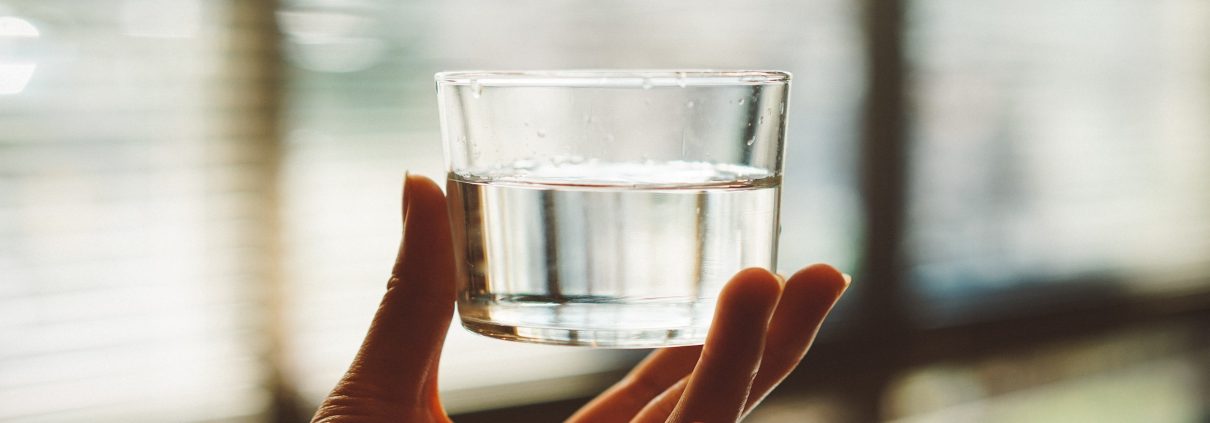Seniors & Preventing Dehydration
One of the foremost signs of dehydration is the feeling of thirst. It is important to listen to one’s body and respond to the feeling as soon as you feel it. If you are feeling thirsty, having a water bottle handy can allow for convenience. An even better idea would be to try to drink water regularly throughout the day. You can try setting personal hydration goals, say by challenging yourself to finish the bottle before lunch and drink another one before you head home in the evening. There are water bottles that are popular now that help track time of day and how much water should be consumed by those times.
Identify Dehydration By Urine Color
Assessing the color of your urine when you use the bathroom can clue you in to your level of hydration. Typically, the darker your urine is, the less water you have in your body. You want your urine to be as clear and light as possible.
8 Glasses a Day & Then Some
We have all heard that the standard amount of water to drink per day is 8 glasses. As time has gone on, medical professionals have determined that this may not be enough for some to stay hydrated. The amount of fl oz you should consume per day varies from individual to individual. The exact amount that’ll be right for each person depends on a few things, including age and activity level.
Look To Drink Extra
When a person is exercising regularly, sick or in hot weather, they should increase their intake of water. When we exercise, we get rid of a lot of the water in our bodies. It is important to replenish this supply after exercising. If you are sick, your body is likely attempting to fight off foreign bacteria. Water can help with this. It can also help to flush out bacteria that we do not want in our bodies. When you are outside enjoying the sun, you might not notice how hot you are. It is important to stay ahead of the heat and consume more H2O.
Ideas Beyond Water
There are other ways to get liquids in your body. Eating certain foods can help with water intake. Foods such as kale, watermelon, grapes berries, grapes and lettuce, have a high water content and can help one with staying hydrated as well. Drinking seltzer waters along with juices or coffee is another alternative way to get water into one’s system. You could add hydrating supplements to your water. There are many different kinds of hydrating powders that can be added to water to make it more quenching.
Hydration is key to staying healthy and alert. Seniors are at greater risk for dehydration because of how body composition changes with age. Water is necessary for all bodily functions and we can have serious health consequences if we aren’t getting enough of it.



